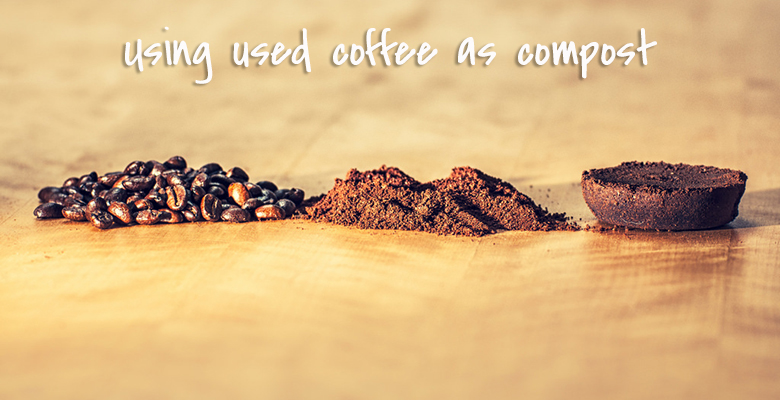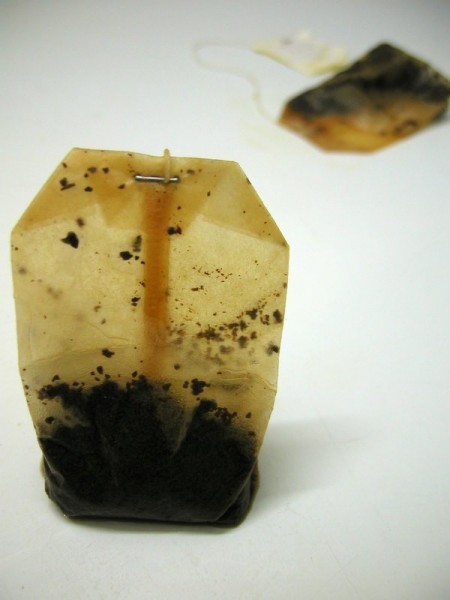Using tea bags and coffee as compost

image: ‘Thomas’ via Flickr
Did you know that recycling doesn’t just extend to glass and cardboard?
You can also use your old coffee grounds and tea bags as a valuable component part of your compost, to help your plants bloom this summer season.
A great way to stop your coffee grounds reaching a landfill is to make use of them in your garden.
Composting coffee grounds helps to add nitrogen to your compost pile, and is as simple as chucking the used coffee grounds onto your compost pile.
Not only can you throw your used coffee in the old compost heap, but you can even use old coffee filters so long as they are not made of wholly synthetic materials.
With many coffee houses making their coffee grounds available so that they can be used as a compost ingredient, which is helping businesses bond with not only their community but also the land itself.
Why are coffee grounds a good addition to compost? They contain nitrogen (estimated around 2%) which is about the same percentage as grass clippings.
The used grounds are also great at maintaining heat, which is useful to kill weed seeds and cut down on pathogens within the soil itself.
What about composting tea bags?

Tea is essentially in dried leaf form, so is already safe to put into your compost heap, unless the bag is made of a synthetic material. So it may be best to cut the leave from the bag if you are unsure and then pop the leaves into your compost mix.
Moist tea leaves are also a great way to help the speed with your compost pile decomposes, if you have made the minor mistake of throwing your teabags onto your compost pile without checking if the bag will break down, you can always pick them out later – not ideal.
But what about coffee being largely acidic, can I still use it on my plants?
Once the coffee has been brewed, the acidity in the beans has largely been released, which means that the risks of the grounds making the compost acidic is reduced.
Published results indicate that used coffee ground’s average pH value is approximately 6.5 to 6.8.
Not only this, but coffee grounds are an excellent organic matter, breaking down easily and similar in consistency to that of the surrounding soil, which is perfect for a high quality compost.
If the plants you are growing need a higher pH value, such as cantaloupes for example, it would be best to go easy on the coffee grounds you mix into the soil.
Other garden uses for used coffee grounds
There are other uses to which green-fingered gardeners can put the coffee grounds.
If spread thinly around plants and then topped with a coarser mulch, the coffee grounds can behave as a gentle, slow-release fertilizer. Evergreens are said to respond especially well to this treatment.
So the next time you use your coffee machine, spare a thought for your garden and try recycling the grounds, so that your plants will benefit from the coffee beans, as well as you.
